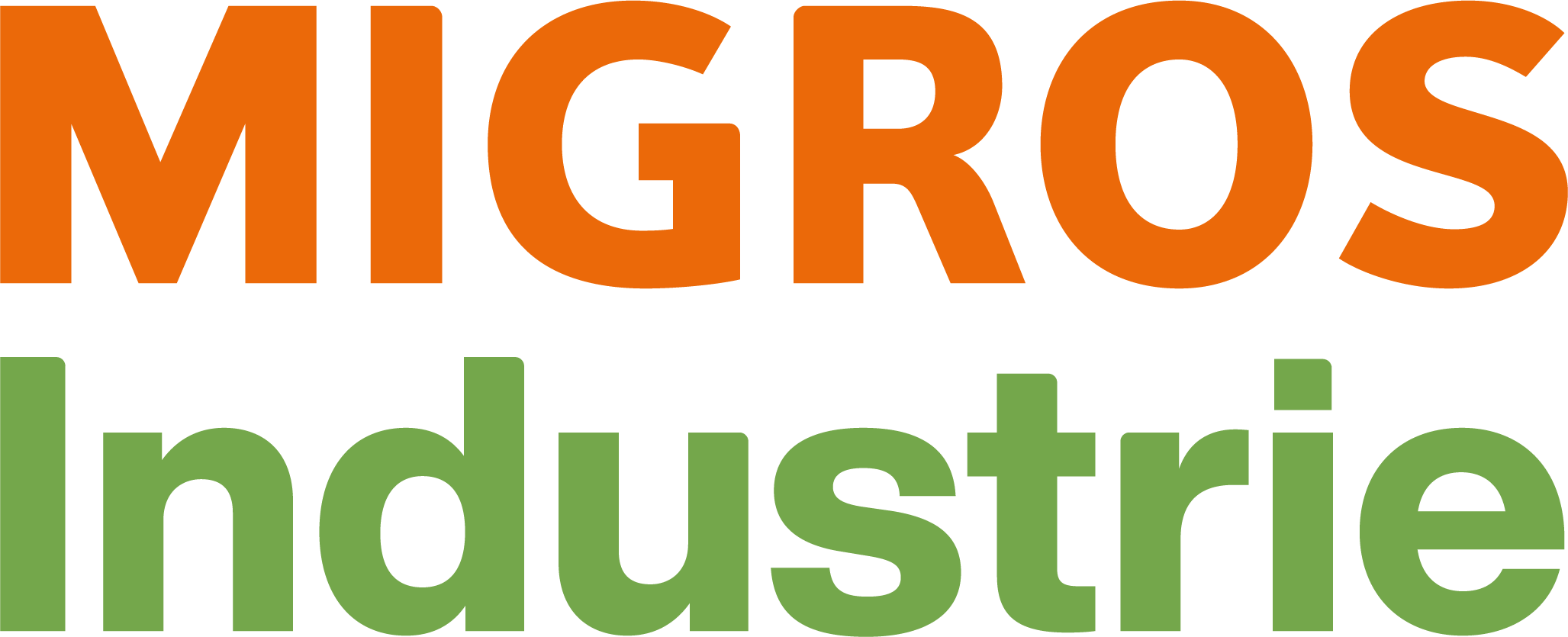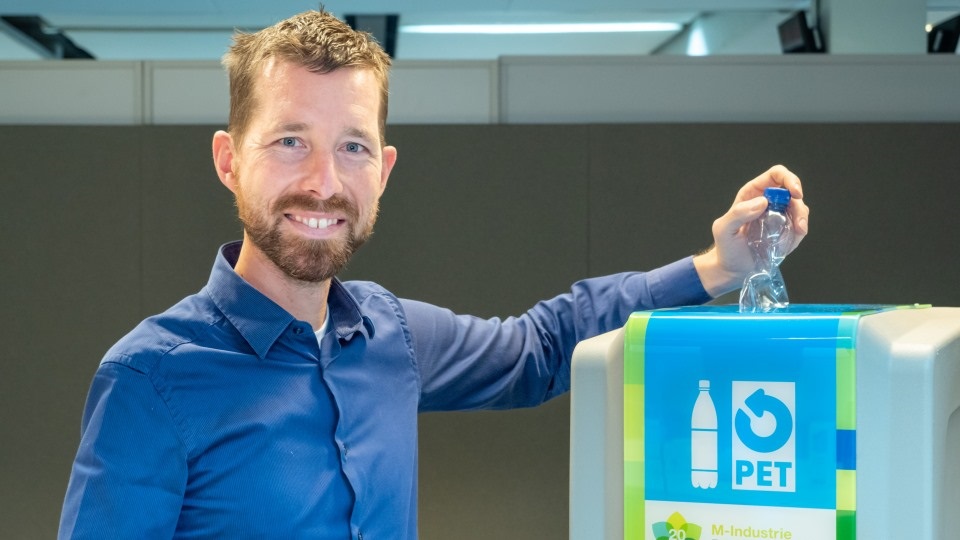Michael Hugentobler, Head of Sustainable Development at the ELSA-Mifroma Group, agreed to offer an insight into his role and comment on this result, which is the reward for efforts dating back over a considerable period of time.
.M: Michael, could you briefly introduce yourself?
M.H.: I am 41 and have lived in Lausanne for almost 20 years. I originally came to western Switzerland to study and I really like the people, the region and the culture here. My career has been rather out-of-the-ordinary: after completing my studies at the EPFL, I spent almost 10 years working in the watchmaking industry. With my 40th birthday just around the corner, I felt the need for a drastic change and to work in a field that reflected my personal convictions; finding solutions benefiting both the environment and the economy. I joined the Migros Group in April 2021 as Head of Sustainable Development for Segment 2.
Tell us a little more. What exactly does a Head of Sustainable Development do in a Migros company?
He must ensure that the goals we have set ourselves are achieved The field of sustainable development is huge, ranging from the procurement of raw materials (animal welfare) to the development of environmentally-friendly packaging, from waste reduction to employee working conditions – all of which means I need multidisciplinary teams to achieve these goals. I see my role as that of a coordinator and motivator for the different managers, sometimes needing to underline certain points. It is essential to maintain dialogue and find compromises so that our production is effective, profitable and sustainable.
ELSA was ranked first among sustainable companies in its category. Were you surprised by this result?
I was certainly proud, but in no way surprised. Day in day out since my arrival less than a year ago, I have observed just how involved the employees are and the extent to which they take the matter of the environment seriously. This accolade also bears witness to the work carried out in the past; you don’t simply become the most sustainable company in your sector overnight. A great deal of work goes into the process and I would particularly like to thank my predecessor, Daniel Schilliger.
What achievements should we be most proud of?
In particular, I would say the wood-fired boiler; the use of renewable resources is at the very heart of a sustainable company. Trees grow back – oil, on the other hand, does not renew itself (or at least far more slowly). I would like to take this opportunity to remind everyone that this approach can be adopted at home: think about a sustainable alternative to oil when you need to replace your heating system.
Another example is the waste-sorting policy adopted by ELSA: the project, run by the apprentices, has greatly reduced the amount of waste we incinerate. Today, we sort a great deal of the waste we produce, but we can still do better. The best waste is the waste we don’t produce.
What challenges will the ELSA-Mifroma Group face in the future in terms of sustainability?
Until now, ELSA has taken measures within the company to reduce our emissions and the energy we use to manufacture our products. Moving forward, we will also need to consider the emissions along the entire supply chain, and in particular greenhouse gas emissions from milk production. ELSA and Migros must work with milk producers in order to identify solutions to reduce these emissions.
How does coordination with the other companies in the Migros Group work? Do you have common goals?
The goals of the Migros Group have been defined and harmonised across all the units. With regard to MIND, each segment is working towards the same goals. There are also more general goals, such as environmentally-friendly packaging; the FMC and the Migros Group share the same objectives, and I believe this is necessary if we are to succeed. We maintain regular dialogue between the sustainability managers of the different segments. The aim is to share and benefit from best practices. There is no need for everyone to re-invent the wheel in their own domain!
Numerous companies highlight sustainable development in their communication. How can we distinguish tangible commitments from greenwashing?
It is difficult not to resort to so-called greenwashing. I believe that we must deploy sincere and fair communication. in particular, we must avoid asserting half-facts and must accept that there are areas for improvement. It is by remaining humble with regard to the size of the task at hand that we become credible.
Do you have a message you would like to share with your colleagues?
A big thank you for all your efforts every day! Keep it up and do not hesitate to send us your suggestions. We need your input. The road ahead is long, but I am very optimistic that we will reach our goals.

